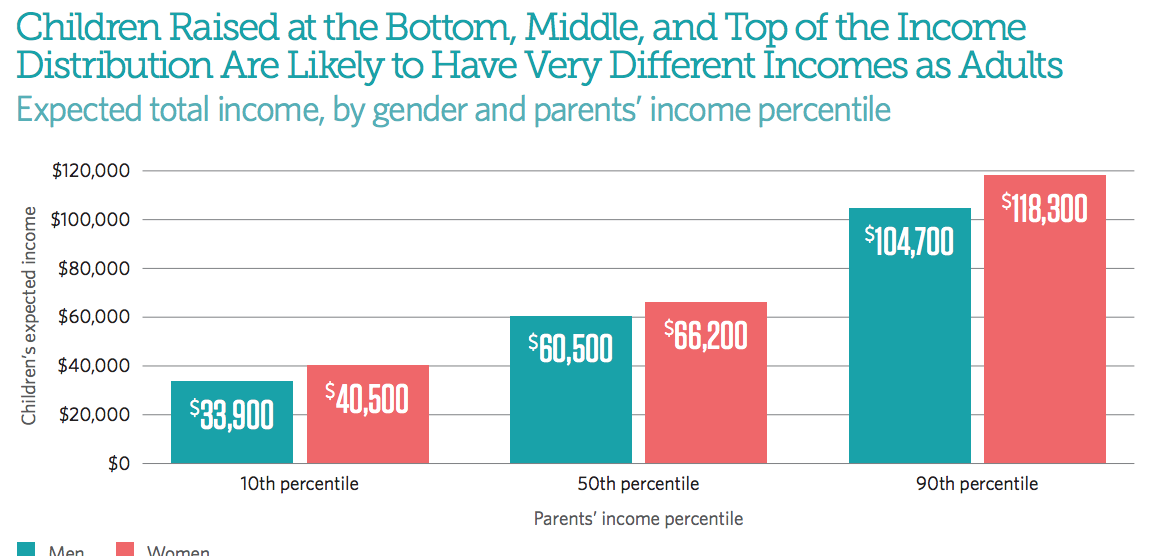I'm a 3rd year, so admittedly, I haven't seen a whole lot. I'm sure it must be frustrating as hell being a sleep-deprived intern admitting a patient for their umpteenth COPD exacerbation, and I might reach that point myself where it's tempting to blame the patient. Why don't they quit smoking? Hell, why did they start smoking in the first place? Don't they know how bad it is for them? How many doctors have counseled them on quitting? It's their fault.
But wait, according to the CDC (
CDC - Tobacco-Related Disparities - African Americans and Tobacco Use - Smoking & Tobacco Use)...
- People living in poverty smoke cigarettes for a duration of nearly twice as many years as people with a family income of three times the poverty rate.
- People with a high school education smoke cigarettes for a duration of more than twice as many years as people with at least a bachelor’s degree.
- Blue-collar workers are more likely to start smoking cigarettes at a younger age and to smoke more heavily than white-collar workers.
Armed with this knowledge, how could one POSSIBLY argue that there aren't systemic factors at play in regards to patients' destructive health habits? Based on this information, I don't see how anyone could possibly say that patients' problems are solely due to a "lack of personal responsibility".












